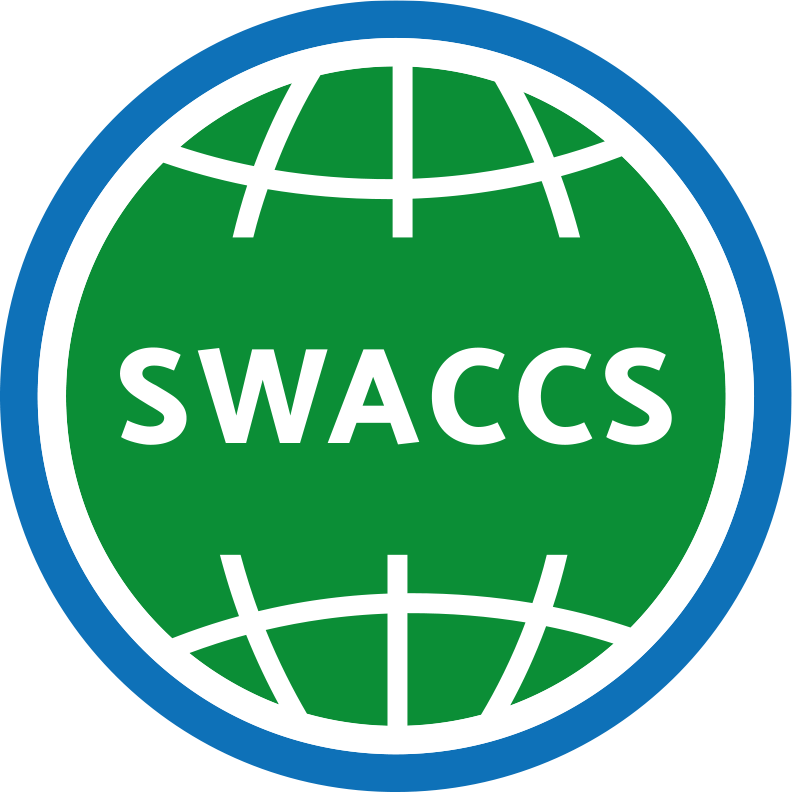EDC-2020 Final Conference
5-6 NOVEMBER (Two different locations)
5 November (9:30) 10:00 -17:00
Venue: Tändstickspalatset
Västra Trädgårdsgatan 15, Stockholm
6 November 9:00 – 15:00
Ahlmansalen (The Geo building)
Svante Arrhenius väg 8, Stockholm University
Background and project objectives
EDC-2020 has been the Research Council Formas supported project “Meeting future regulatory and societal needs regarding endocrine disrupters: Exposure, effects and risks” that was approved as part of the research development during the first five years of the Swedish toxicology sciences research center (Swetox). The research project has focused on endocrine disrupting chemicals with the objectives:
to create an enabling environment for strong research on EDCs and for scientific advances and innovations, which would benefit the field of toxicology-related sciences as a whole
to establish an overarching national program for research on EDCs, optimizing cooperation between national universities as well as with Swetox, and improve interdisciplinary research
to establish an international EDC collaboration platform including world-leading experts
to establish a national research school on toxicology-related sciences (TRS).
Conference goals
The main goals of the final conference are two-fold. First, to reach out to decision- and policymakers and present the overarching and specific key messages as they have come together at the end of the project. This goal is addressed at the first day of the conference. Day two of the conference addresses the second goal which is to present the in-depth science that took place within the frame of EDC-2020. Two sub-projects conducted at Swetox with financial support from Karolinska Institutet are also included into the presentations at this final conference.
EDC-2020 will launch its policy brief at the conference addressing the general public as a well as scientists.
Conference program November 5
Tändstickspalatset, Västra Trädgårdsgatan 15, Stockholm
09:30-10:00: Registration and coffee/tea
10:00-10.15: Opening session, Words of welcome, Åke Bergman, EDC-2020 Coordinator, Örebro University
10:15-10:30: A Swedish perspective on Research for Environment and Health, Ingrid Petersson, GD, Forskningsrådet Formas
10:30-11:00: Introduction to EDC-2020 with Key messages, Åke Bergman
11:00-11:40: Comments on EDC-2020 in general and on the overarching Key messages, Prof. Rolf Altenburger, Helmholtz Centre for Environmental Research UFZ, Leipzig, Germany, Prof. Elaine Faustman, School of Public Health University of Washington, Seattle; Additional contributions TBA
11.40-12.00: Discussion
12.00-13.00: Lunch
13.00-13.10: New methodologies for safer limit values and fewer animals in toxicity testing; Mattias Öberg
13.10-13.20: Environmental chemicals can harm the body's natural ability to break down its own hormones and other chemicals; Emma Vincent
13.20-13.30: Predicting cellular accumulation of chemicals; Vesna Munic Kos
13.30-13.50: Views from EDC-2020 visiting scientists, Prof. Karen Kidd, McMaster University, Hamilton, Canada, Prof. R. Thomas Zoeller, Univ of Massachusetts Amherst, USA
13.50-14.00: Exposure of human oocytes and fetuses to EDCs; Pauliina Damdimopoulou
14.00-14.10: Epigenetic changes can explain how prenatal chemical exposure impairs brain development; Joëlle Rüegg
14.10-14.20: New methods to mimic the lung will help us understand health effects from airborne pollutants; Ernesto Alfaro-Moreno
14.20-15.10: Refreshments
15.10-15.20: Phthalates are easily taken up by inhalation; Annette Krais
15.20-15.30: Household dust is an important route of exposure to chemicals; Åsa Gustafsson and Per Gerde
15.30-16.00: Panel and open discussion, EDC-2020 reviewers and Reference group members
16.00-16.30: Educational efforts and competence building; Annika Hanberg
16.30-16:55: Post EDC-2020 and Swetox: Swaccs
16:55-17.00: Closure of Day 1
Dinner at 18:00 for those that have registered for that.
Conference program November 6
Ahlmansalen, in the Geo-building, Svante Arrhenius väg 8, Stockholm University
09:00-9:10: Introduction to the day; Åke Bergman
9:10-09:40: Household dust and exposure to chemicals; Åsa Gustafsson/Per Gerde
9:40-10:10: Human uptake studies with phthalates; Annette Krais
10:10-10:40: Inhaled particles: in vitro models to evaluate complex mixtures; Ernesto Alfaro-Moreno
10:40-11:00: Refreshments
11:00-11:30: Epigenetic effects of EDCs- from mechanisms to human health; Joëlle Rüegg
11:30-12:00: Highly accumulating chemicals and pharmaceuticals – biological effects and methods for prediction; Vesna Munic Kos
12:00-12:30: Environmental chemicals and fertility in women; Pauliina Damdimopoulou
12:30-13:15: Lunch
13:15-13:45: Endocrine disruption through altered biotransformation; Emma Vincent
13:45-14:15: New approaches to increase the accuracy of risk assessment with fewer laboratory animals; Mattias Öberg
14:15-15:00: Discussion on the values of the Formas project and perspectives on research needs
15:00: Concluding remarks and closure; Åke Bergman
